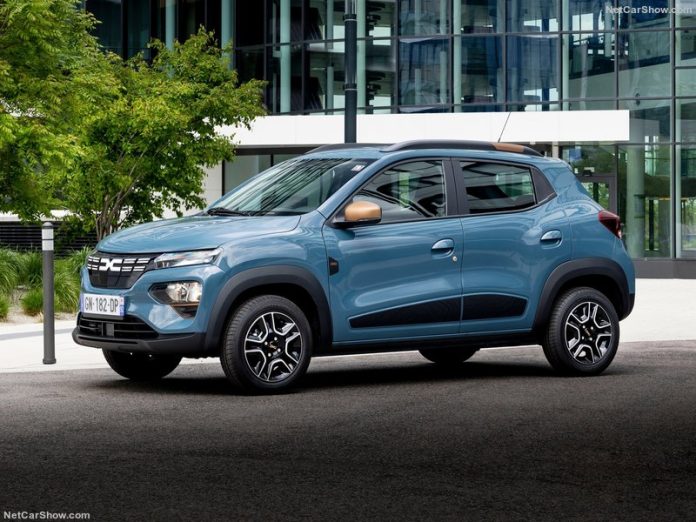Portuguese Auto Market starts with a double-digit increase in 2024. March figures confirmed the trend reporting 22.796 sales (+6.2%), with YTD sales up to 59,044 (+13.1%). Dacia booms 43.2% ranking into 3rd place.
Market Trend and Outlook
The Portuguese car passengers market is in a great shape and March figures confirmed the trend reporting 22.796 sales (+6.2%), with YTD sales up to 59,044 (+13.1%).
Looking at cumulative data from 2024 brand-wise, the leader remained Peugeot with 4,711 sales (+31.7%), followed by Renault in 2nd with 4,863 registrations (+26.4%) and Dacia -up 4 spots- with 4,494 units sold (+43.2%).
Mercedes lost 1 spot ranking in 4th with 4,306 sales (+23.6%) followed by Citroen -up 3 spots- at 3,874 (+43.4%), BMW -down 3 spots- at 3,286 (-4.5%) and Toyota -down 1 spot- with 2,939 total sales (-8.8%).
Nissan grew 5 spots into 8th with 2,936 sales (+58.0%), followed by Tesla -up 2 spots- with 2,888 units sold (+40.2%), and Kia -up 6 spots- closed the top 10 with 2,295 sales (+57.7%).
Looking at specific models the Peugeot 2008 sold the most units, rising 18.3% from 2022. The second most sold car was the Dacia Sandero with a 73.2% in year-on-year volume.
Medium-Term Market Trend
The Portuguese auto market has had many ups and downs in the last decade. Sales fell more than 50% from 2010 to 2012, starting at 274,559 and ending at 106,748. From 2013 to 2017 the car passenger market inverted its trend, more than doubling and reaching 248,039 new car registrations. The years 2018 and 2019 were slightly negative taking sales down to 231,492 by the end of 2019.
The arrival of the pandemic in 2020 caused the market to fall 37% taking it back down to 145,417 sales.
Following the collapse of the market during the pandemic, 2021 presented a year of slight recovery with sales reaching 146,706 (+1%) and 2022 grew another 6.6% to 156,309. A combination of factors are behind the lower demand in the past years: the disruption in the global supply chain caused by a lack of raw materials, in particular for the production of microchips and Governments push towards Evs.
In 2023 the car passenger market reached 199,572 sales, an increase of 27.7%.
Tables with sales figures
In the tables below we report sales for all Brands, top 10 Manufacturers Group and top 10 Models











